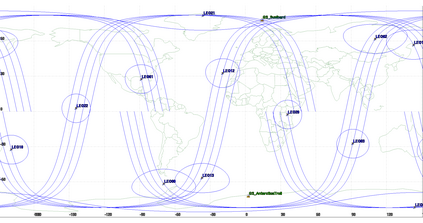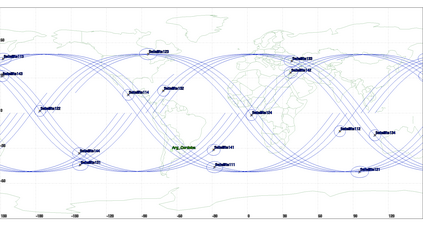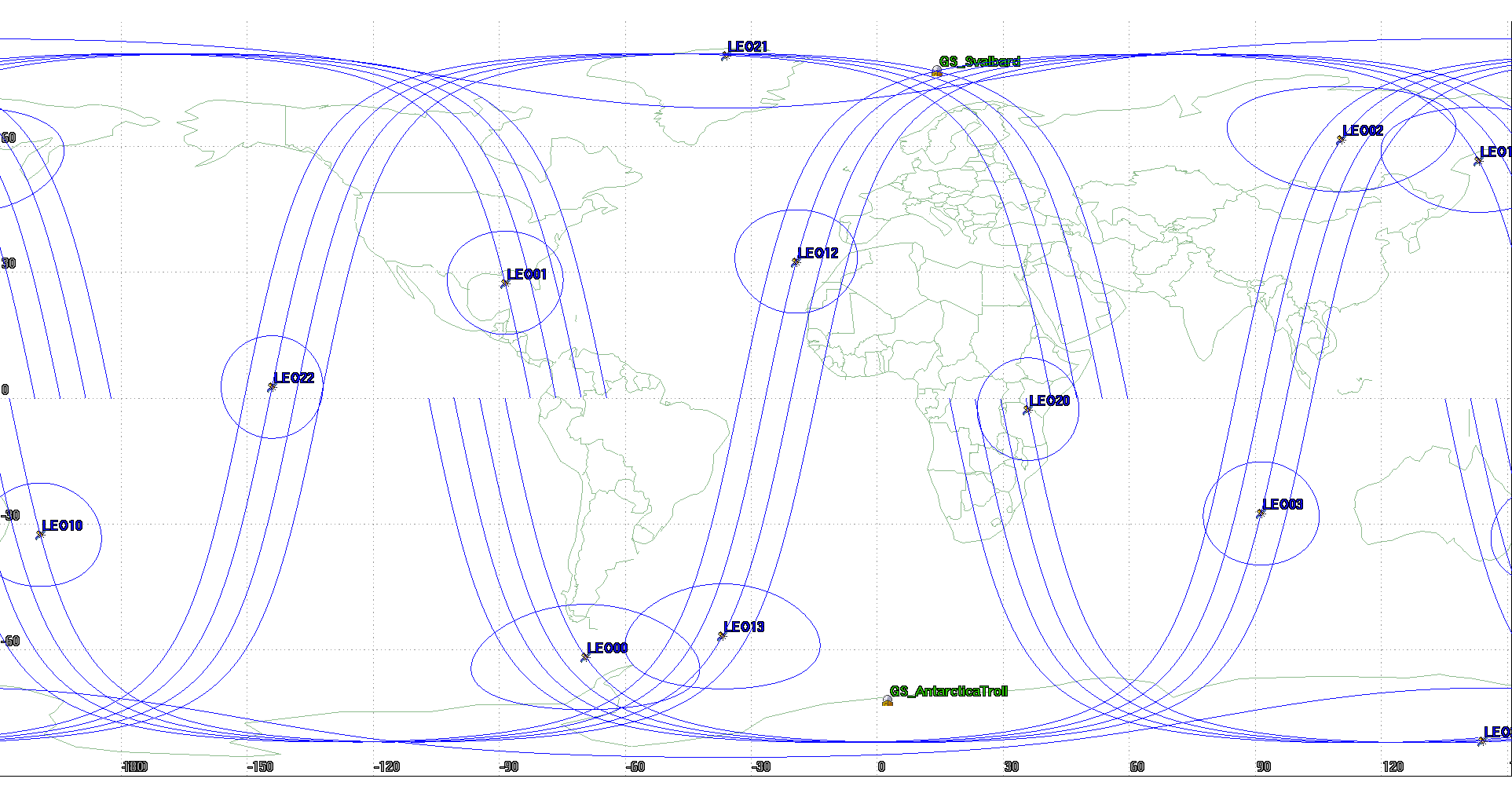Delay-Tolerant Networks (DTN) enable store-carry-and-forward data transmission in networks challenged by frequent disruptions and high latency. Existing classification distinguishes between scheduled and probabilistic DTNs, for which specific routing solutions have been developed. In this paper, we uncover a gap in-between where uncertain contact plans can be exploited to enhance data delivery in many practical scenarios described by probabilistic schedules available a priori. Routing under uncertain contact plans (RUCoP) is next formulated as a multiple-copy Markov Decision Process and then exported to local-knowledge (L-RUCoP) and Contact Graph Routing extensions (CGR-UCoP) which can be implemented in the existing DTN protocol stack. RUCoP and its derivations are evaluated in a first extensive simulation benchmark for DTNs under uncertain contact plans comprising both random and realistic scenarios. Results confirm that RUCoP and L-RUCoP closely approach the ideal delivery ratio of an oracle, while CGR-UCoP improves state-of-the-art DTN routing schemes delivery ratio up to 25%.
翻译:现有分类区分了预定和预测性DTN, 已经为此制定了具体路线解决办法。在本文件中,我们发现在哪些情况下可以利用不确定的接触计划来利用不确定的接触计划,以便在事先具备的概率表描述的许多实际情况下加强数据的提供。根据不确定的接触计划(RUCOP)进行运行,随后是一个多版的Markov决定程序,然后出口到本地知识(L-RUCOP)和接触图Routing 扩展,这些扩展可在现有的DTN协议堆中实施。RUCOP及其衍生结果在第一个广泛的模拟基准中评估,在不确定的接触计划下,DTN计划包括随机和现实的情景。结果证实RUCOP和L-RUCOP密切接近甲骨的理想交付比率,而CRR-UCOP则将状态的DTN路径交付率提高到25%。
相关内容
- Today (iOS and OS X): widgets for the Today view of Notification Center
- Share (iOS and OS X): post content to web services or share content with others
- Actions (iOS and OS X): app extensions to view or manipulate inside another app
- Photo Editing (iOS): edit a photo or video in Apple's Photos app with extensions from a third-party apps
- Finder Sync (OS X): remote file storage in the Finder with support for Finder content annotation
- Storage Provider (iOS): an interface between files inside an app and other apps on a user's device
- Custom Keyboard (iOS): system-wide alternative keyboards
Source: iOS 8 Extensions: Apple’s Plan for a Powerful App Ecosystem






